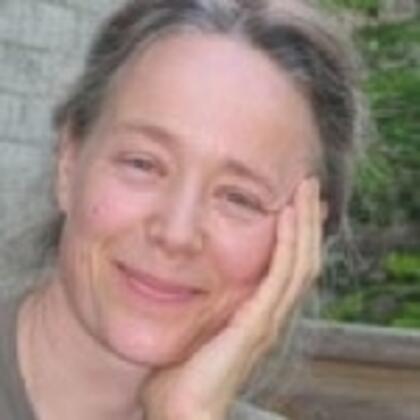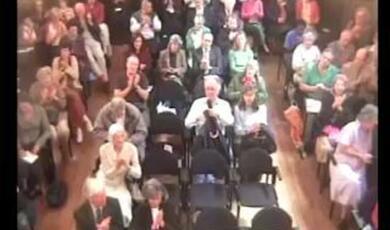Rhetoric and Ethics 1999-2000, February
Share
- Details
- Transcript
- Audio
- Downloads
- Extra Reading
Ethics describe social arrangements, but communities we live in are much larger and more diverse than they have ever been. So who really makes those agreements? How long can we expect them to last? How do we change them? And, most of all, how can we work on agreements that respect our differences?
Professor Hunter engages in discussion with eminent commentators on contemporary society.
The discussions covered in the attached PDF were as follows:
- Ethics and Nation: In the 21st Century, What Are We Citizens Of? with Professor Sylvia Walby, 3 February 2000
- War and Peace: Dealing with Difference with Professor Cynthia Cockburn, 10 February 2000
- Difference and Community: Can We 'Do' Ethics or is 'Ethics' Done To Us? 17 February 2000
Download Transcript
This event was on Thu, 03 Feb 2000
Support Gresham
Gresham College has offered an outstanding education to the public free of charge for over 400 years. Today, Gresham plays an important role in fostering a love of learning and a greater understanding of ourselves and the world around us. Your donation will help to widen our reach and to broaden our audience, allowing more people to benefit from a high-quality education from some of the brightest minds.


 Login
Login







